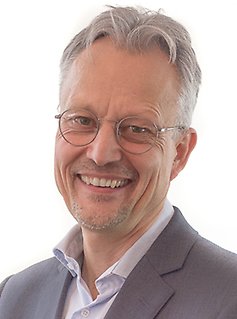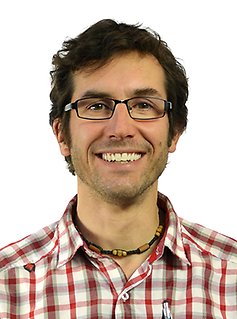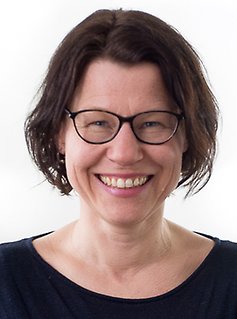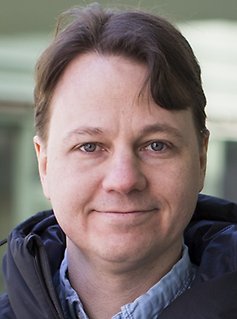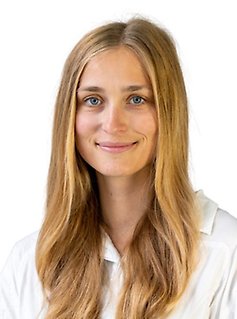Stockholm Resilience Centre is governed by an international, independent board which is the highest decision-making body at the centre
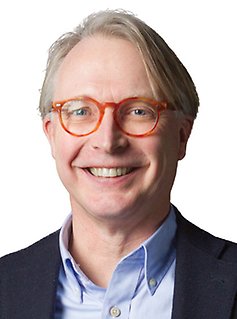
Carl Folke (Chair)
STOCKHOLM RESILIENCE CENTRE, STOCKHOLM UNIVERSITY
Carl Folke is science director and co-founder of the Stockholm Resilience Centre (SRC). He has extensive experience in transdisciplinary collaboration between natural and social scientists and is among the most cited scientists in the world on resilience thinking. He is also director of the Beijer Institute of Ecological Economics of the Royal Swedish Academy of Sciences.
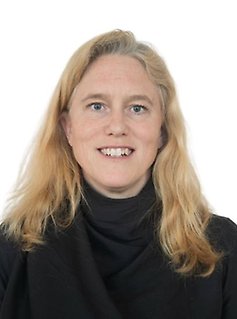
Line Gordon
STOCKHOLM RESILIENCE CENTRE, STOCKHOLM UNIVERSITY
Line Gordon is the director of the Stockholm Resilience Centre. She is is an internationally recognised scientist in sustainability of water, food, and the biosphere. As a researcher, Gordon is particularly interested in how intentional and unintentional actions in one place can influence systemic change elsewhere. In research she integrates insights from resilience thinking, land use change, food systems, hydrology, and social-ecological systems.
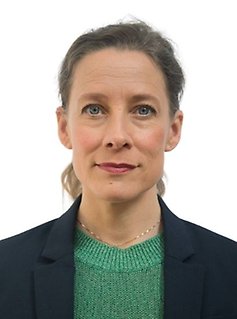
Lisen Schultz
STOCKHOLM RESILIENCE CENTRE, STOCKHOLM UNIVERSITY
Lisen Schultz is deputy director for the Stockholm Resilience Centre, director of education, and the programme director for the centre's Executive programme in resilience thinking. Schultz holds a PhD in Natural Resource Management from Stockholm University, and was awarded the title of Docent (Associate Professor) in 2023. Throughout Schultz’s career, she has engaged in the interface between science and society, bringing knowledge to action in processes ranging from municipal planning to international negotiations.
%20Thorsten.jpg)
Thorsten Blenckner
STOCKHOLM RESILIENCE CENTRE, STOCKHOLM UNIVERSITY
Thorsten Blenckner is a researcher at the Stockholm Resilience Centre. He has a strong interest in whole ecosystem processes and multiple stressors, the complexity of for example the Baltic Sea ecosystem. He is also involved in the ICES Working Group on Integrated Assessments of the Baltic Sea.
Henrik Brundin
SWEDBIO, STOCKHOLM RESILIENCE CENTRE
Henrik Brundin is the director of SwedBio at Stockholm Recilience Centre
Brundin has an extensive background in leadership, organization management and projects development from both Sweden, eastern- and southern Africa, primarily focusing on Agroforestry and Sustainable Agriculture Land Management (SALM) practices. Project development and implementation include World Bank funded project for developing the first ever methodology for Soil Carbon Offsetting based on Climate Smart Agriculture (SCA).
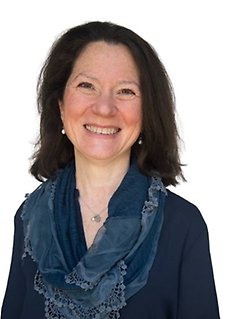
Sarah Cornell
STOCKHOLM RESILIENCE CENTRE, STOCKHOLM UNIVERSITY
Sarah Cornell is a principal researcher at the Stockholm Resilience Centre. She is involved in several forums where sustainability science interfaces with policy, business and wider society. She is active in the growing international network of policy-engaged researchers working to advance planetary boundaries science and operationalization
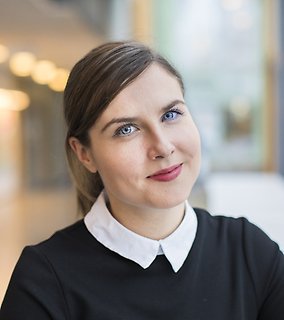
Ilona Riipinen
DEPARTMENT OF ENVIRONMENTAL SCIENCE, STOCKHOLM UNIVERSITY
Ilona Riipinen is a professor at the department of Environmental Science at Stockholm University. She is a member of the Royal Swedish Academy of Sciences and has been on the Clarivate Analytics highly cited researchers list in 2016, 2017, 2018 and 2019. Her research focuses on understanding the sources, sinks and evolution of atmospheric aerosol particles and their interactions with clouds, climate and human health.
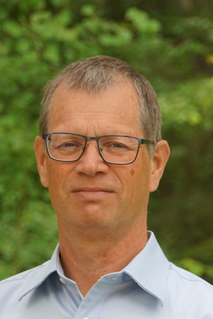
Lars Tranvik
DEPT. OF ECOLOGY AND GENETICS, LIMNOLOGY, UPPSALA UNIVERSITY
Lars Tranvik is a professor of limnology at Uppsala University since 1999. He currently shares his time between research and teaching at the Limnology programme, as well as being head (“prefekt”) of the Department of Ecology and Genetics.
In his research, Tranvik focuses on on biogeochemistry and microbial ecology, in particular the carbon cycling of inland waters.
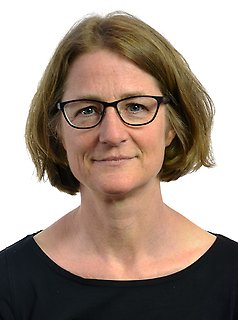
Maja Schlüter
STOCKHOLM RESILIENCE CENTRE, STOCKHOLM UNIVERSITY
Maja Schlüter is a researcher at the Stockholm Resilience Centre. Her research focusses on social-ecological interactions and mechanisms that may explain SES phenomena, such as the collapse of the Baltic Sea cod, the trapped situation of water management in Uzbekistan, the diversity of self-governance forms in Mexican small-scale fisheries, or cooperation in common pool resource management. In collaboration with members of the SES-LINK team and empirical colleagues, she uses mathematical and agent-based modeling to test hypotheses about micro-level causes of observed SES phenomena and to explore consequences of selected human-nature interactions.
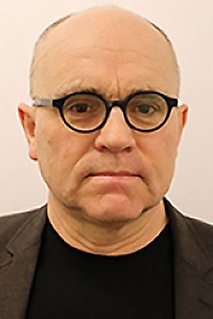
John Hassler
STOCKHOLM UNIVERSITY
John Hassler is Professor of Economics at the Institute for International Economic Studies at Stockholm University. His research has covered areas of dynamic public finance, social mobility, growth and climate change. Since December 2009, he is serving as a member of the Prize Committee for the Prize in Economic Sciences in Memory of Alfred Nobel. He was the Chairman of the Swedish Fiscal Policy Council 2013-16.
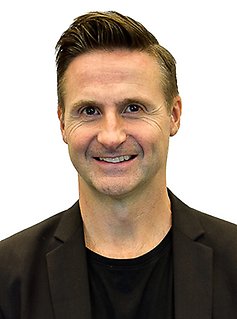
Per Olsson (board alternate)
STOCKHOLM RESILIENCE CENTRE, STOCKHOLM UNIVERSITY
Per Olsson is a research at the Stockholm Resilience Centre. His research focuses on agency and system entrepreneurship, social-ecological innovations, transformations to sustainability, and how to reverse current trends of crossing critical thresholds and tipping points in the Earth system. He is an active member of the Resilience Alliance, and a subject editor for the journal Ecology and Society.
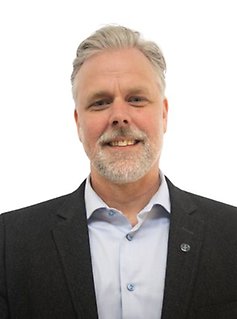
Magnus Nyström (board alternate)
STOCKHOLM RESILIENCE CENTRE, STOCKHOLM UNIVERSITY
Magnus Nyström is a researcher at the Stockholm Resilience Centre. His work explores resilience and cross-scale dynamics in marine ecosystems and coupled social-ecological systems at local and global scales. Nyström has published his work in several highly ranked scientific journals, such as Nature, Science, Trends in Ecology and Evolution, Frontiers in Ecology and the Environment, Ecology Letters, Philosophical Transactions of the Royal Society B, among others.
Tim Daw (board alternate)
STOCKHOLM RESILIENCE CENTRE, STOCKHOLM UNIVERSITY
Tim Daw is a researcher at the Stockholm Resilience Centre. He studies the ecosystem contributions to human wellbeing, and the role of deliberation in governing sustainable development. Daw's speciality is in coastal systems in the Global South, their governance, the ecosystem services they provide, and how these contribute to people’s wellbeing.
Emilie Lindkvist (board alternate)
STOCKHOLM RESILIENCE CENTRE, STOCKHOLM UNIVERSITY
Emilie Lindkvist is a researcher at the Stockholm Resilience Centre. Her research is focused on using novel simulation models to understand diverse aspects of sustainability in social-ecological systems. Lindkvist uses agent-based simulation models to understand aspects of resilience and sustainability in social-ecological systems.
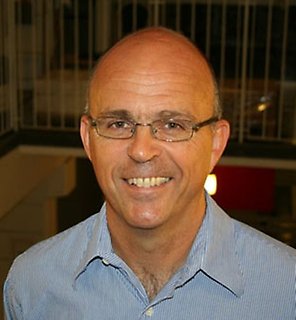
Per Krusell (board alternate)
STOCKHOLM UNIVERSITY
Per Krusell is professor of Economics at Stockholm University (with the Savings Banks Foundations and Swedbank Chair in Macroeconomics). Until recently, he was a Professor of Economics at Princeton University and, before that, held positions at the University of Rochester, the University of Pennsylvania, and Northwestern University. Krusell's research has focused on macroeconomics, broadly defined, with particular contributions in the areas of technological change, inequality, political economy, macroeconomic policy, and labor economics
Gustaf Hugelius (board alternate)
STOCKHOLM UNIVERSITY
Gustaf Hugelius is a senior lecturer at the department of Physical Geography at Stockholm University. He is also the vice director of the Bolin Centre of Climate Research and co-lead of the research unit Landscape, Environment and Geomatics. His main scientific interest is the role of soils in the global carbon cycle.
Anne Charlotte Bunge (student rep.)
STOCKHOLM RESILIENCE CENTRE, STOCKHOLM UNIVERSITY
Anne Charlotte Bunge is a PhD candidate at the Stockholm Resilience Centre. Her research focuses on assessing the sustainability of novel food system technologies and their transformative potential for the Nordic Countries. To undertake this research, she applies an inter- and transdisciplinary approach using, among others, life cycle assessment studies and the keystone actor concept.
